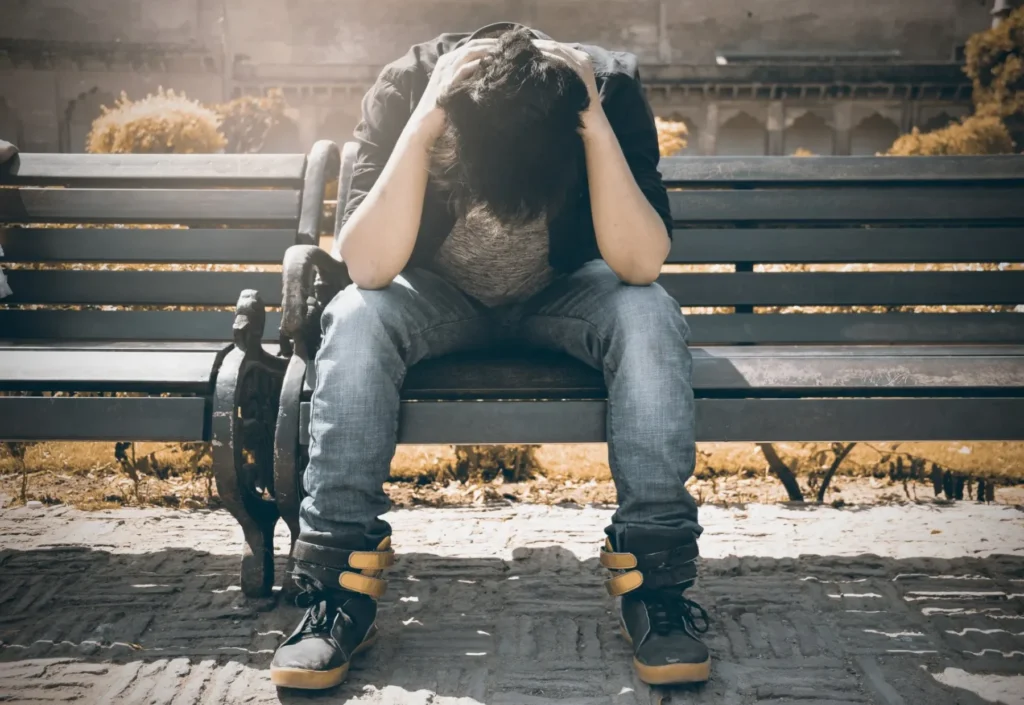Coping with grief after the death of a loved one often feels like a struggle you should keep private. This often makes it difficult for other people to know how to support you following the death of a loved one. Often feelings will come in waves, and there may be times you just burst into tears for no apparent reason. Often people do not feel comfortable sharing feelings of grief and wonder how bereavement counselling can help.
Four stage-based model of grief
Understanding the way grief can affect the way you feel over the longer term, may help. The four stage-based model devised by J.W. Worden, a psychologist who studied behaviour during the grieving process, is the most often referred to model of grief which consists of:
- Accepting the reality of the loss (death)
- Working through the pain of grief
- Adjusting to your life without the deceased
- Finding ways to maintain a connection to the deceased and move forward
The first stage is the acceptance of the death, this may mean feelings of true grief are held at bay for a short period and other people may think you are coping very well. It can also make it difficult, when you do start to feel the pain of grief during the second stage, to ask for support. Additionally, conflicting emotions of sadness, relief and anger, may make it hard for some people to know how to share how they feel with someone else. When people struggle to move into the third and fourth stages and find that symptoms of grief are stopping them from managing daily activities; bereavement counselling may be instrumental to moving forward.
What is bereavement counselling?
Counselling provides a safe place to talk with someone who is not involved in your life and can help you understand why and find coping mechanisms to work through emotional issues and difficult periods of life. Bereavement Counselling is simply a type of counselling where the focus is on helping you find ways to deal with emotions that arise following the death of someone you cared about. The counsellor will be a person who has not been impacted by the death and is not involved or in contact with your friends and family, giving you the opportunity to talk openly about how you really feel.
Bereavement counselling will allow you space to really understand your feelings and how to move forward and adjust to life without the person who has died. Bereavement counselling may also help with feelings of bereavement that may occur when you split up with a long-term partner. Everyone will find their experience of bereavement unique, however, there are common feelings experienced by many people. The feelings and behaviours that are commonly acknowledged as being triggered by grief include:
- Feeling sad, empty and lonely
- Thinking about being with the person who is dead
- Constantly thinking about the person who has died and, or how they died
- Finding it difficult to recall happy memories or times spent with the person who has died
- Not wanting to be reminded of the person who has died
- Feeling detached and not wanting to spend time with friends and family
- No longer wanting to participate in the activities you normally enjoy
- Feeling unsure of who you are or your identity
What happens during bereavement counselling?
Having counselling for the first time might make you feel anxious about what to expect. While most
people know it’s unlikely they will lie on a coach, understanding what happens during
bereavement counselling can help to reduce stress prior to the first session. You may visit a counsellor in an office or at their home, some bereavement counsellors may also come to your home. When this is not possible counselling is normally provided via video conferencing or on the telephone.
During bereavement counselling you will choose what you want to talk about. The counsellor will explore whatever you want to share and will not push you to talk about the person who has died. The counsellor will help you to discuss all of your feelings and work through the reasons behind them. Typically, bereavement counselling will be completed within 6 weekly sessions, although some people may find they need counselling for a lot longer.
Ways to help yourself during the bereavement process
It is important to try to help yourself with your well-being even when this seems almost impossible just making little changes may make a huge difference. Here are just a few ways you can help yourself recover and heal.
Eat, small amounts and often. Your appetite may disappear when you are going through bereavement. It can be helpful to have healthy snacks that you can eat without needing any preparation. Fruit, yogurts, frozen yogurt (great to replace ice cream), nuts and fruit are all great healthy snacks that provide essential nutrients.
Sleep is often disrupted; you may find it difficult to get to sleep or find yourself waking often or very early in the morning. Try to make your bedroom as relaxing as possible, keep the temperature around 65 degrees or 18.4 degrees Celsius. It may also help to take a warm bath before you go to bed which will temporarily cause your body temperature to rise and dip, and signal to your body that it is time to go to sleep. Other good sleeping habits include limiting caffeine and alcohol intake and not drinking any caffeinated or alcoholic drinks, a minimum of 2 hours before bed, and trying to go to sleep and get up around the same time every day.
Talk, you can speak to your GP about bereavement counselling or you can discuss support after the death of a loved one with us. The service provided by a Happy Healing Hut, trained professional friend will provide the support you need because we build it in partnership with you. A professional friend will be a qualified mental first aider and fully aware of best practices when providing mental well-being support. Please don’t hesitate to contact us by emailhello@thehealinghubs.org.uk or our Free Helpline on 0300-102-1546, 10:00-2:30pm and 8pm-11pm, if you feel you need some extra support.
If at any time you feel overwhelmed or think about committing suicide, it is vital to reach out and seek help. The Samaritans have a 24/7 helpline and you can call the Samaritans for free, any time, on 116 123. You can also call 999 for help and if you try to commit suicide and then need medical care, you should immediately call 999 for an ambulance.


